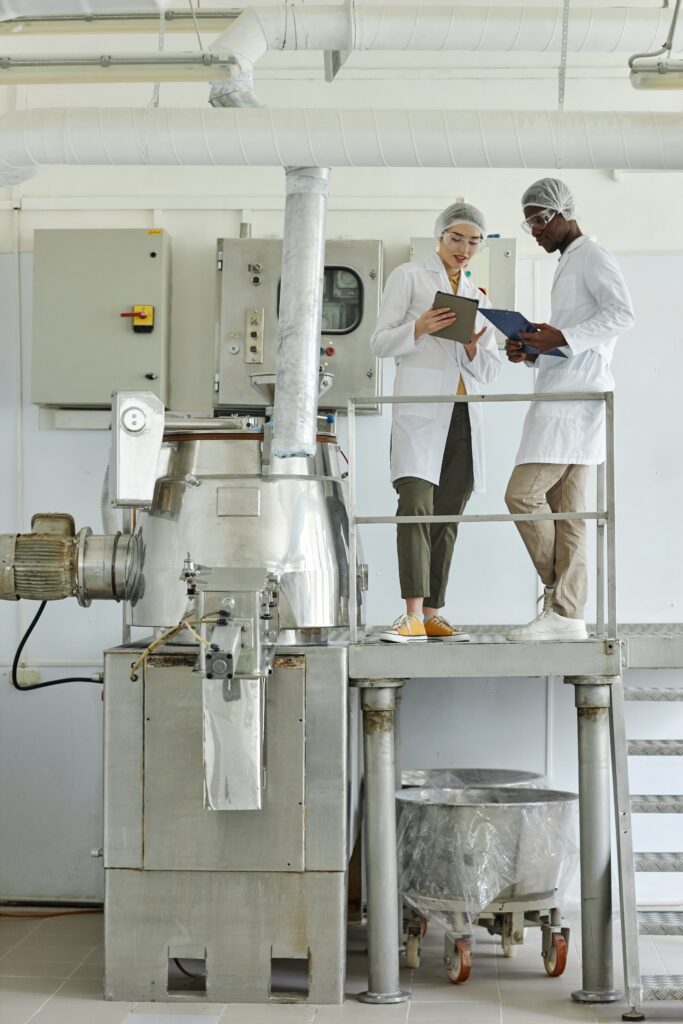 Document
Document 
Meeting Market Demands: How FoodChain ID Ensures Safe & Compliant Food Packaging
In an increasingly regulated global market, food packaging manufacturers face the challenges of ensuring compliance with diverse food contact legislation. The complexities of regulatory frameworks, coupled with the evolving landscape […]
 Document
Document 
Navigating EU Pesticide MRL Requirements and Impact of the Farm to Fork Initiative
The European Union’s Farm to Fork Strategy, part of the EU Green Deal, is poised to present significant challenges to the food industry. Our whitepaper provides a guide to navigating […]
 Article
Article 
Nutri-Score or Not? A European Union Analysis and Global Overview
By Gul Basak Kiroglu, Regulatory Trends Product Manager After the Italian prime minister was elected in 2022, one of her first public speeches promised to abolish Nutri-Score in Italy. In […]
 Article
Article 
United States Synthetic Food Dye Ban Accelerates
By Julie Holt, Director, Global Advisory Services FoodChain ID experts in Regulatory and Scientific Consulting offer global guidance to meet the evolving demands of the food and beverage marketplace. Under the Make […]
 Article
Article 
Governments Call for Health Taxes on Foods to Change Consumer Behavior
Regulatory Trends is a FoodChain ID database for monitoring regulatory changes, market trends and emerging issues that affect regulatory compliance and product development. By Kathy Van Zyl, Regulatory Consultant A […]
 Article
Article 
Digital Enablement: 4 Key Benefits in Innovation & Change Management
Innovation teams are under immense pressure to deliver new products faster, ensure compliance across multiple markets and adapt to ever-changing consumer demands. Manual systems—spreadsheets, emails and paper trails—are no longer […]
 Document
Document 
Pesticide MRLs: Varying Global Pesticide Maximum Residue Levels (MRLs) From Apples to Carrots
Navigating varying pesticide maximum residue levels (MRLs) is essential for maintaining product safety, consumer trust, and continued market access, but managing these regulations is a challenge in a rapidly-evolving global […]
 Article
Article 
West Virginia Bans 7 Artificial Dyes as Other States Consider Similar Measures
By Julie Holt, Director, Global Advisory Services FoodChain ID experts in Regulatory and Scientific Consulting offer global guidance to meet the evolving demands of the food and beverage marketplace. On March 24, […]
 Webinar
Webinar 
Streamlining Packaging and Packaging Waste Regulation (PPWR) Compliance
The Packaging and Packaging Waste Regulation (PPWR) introduces new compliance challenges, with evolving requirements that businesses must navigate. This webinar explores the specific areas of PPWR that FoodChain ID’s solutions […]



